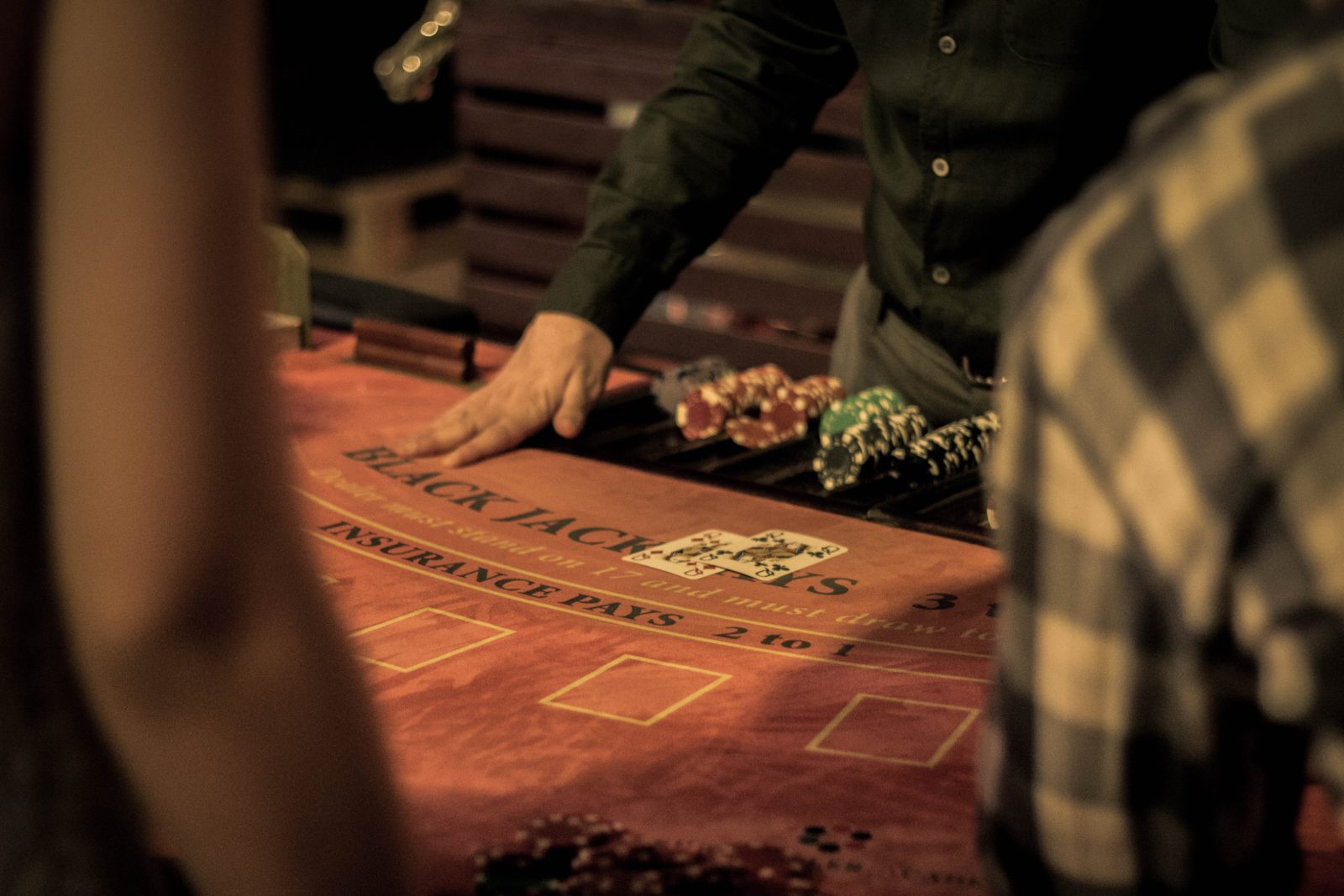
Gambling has been an integral part of human recreation for thousands of years, developing through societies and eras to become the vibrant casino games we know today. From the historical Chinese and Romans, who participated in various forms of gambling and luck, to the advanced gaming floors of contemporary casinos, the allure of gamble and winning has enchanted individuals across the globe. The transition from simple dice games and primitive betting setups to the opulent settings of modern casinos reflects major strides in both social norms and technological advancements.
As cultures evolved, so too did the complexity of gambling activities, with gambling activities emerging as a distinct category of entertainment and thrills. These activities have transformed from casual gatherings centered around traditional tables to sprawling, opulent establishments designed to attract players. Today, we delve into this captivating journey, analyzing how historical practices laid the groundwork for the varied and exciting casino activities that bring joy to countless people worldwide.
spintax
Early Wagering Practices
Gambling has significant roots in human history, with indications of activities of chance dating back to ancient societies. Archaeologists have discovered that as far back as 3000 BC, the people of China were using rudimentary forms of gambling with dice made from wood. Similarly, ancient cultures of Mesopotamia engaged in wagering activities, often relying on the tossing of lots or dice to determine outcomes. These early forms of betting served not only as amusement but also played crucial roles in social and cultural customs.
The Egyptians also took part in betting activities, with games that included betting on the results of various occurrences, including sports and religious festivals. Items such as dice and depictions of players from ancient tombs demonstrate that betting was a frequent pastime. It provided both relaxation and a means of engaging in social interaction, often linked to joyful occasions or major gatherings. This behavior showed the universal appeal of chance and rivalry throughout history.
In ancient Rome, betting became a widespread practice among the populace, as evidenced by references in texts and the establishment of rules around certain activities. Romans enjoyed a variety of gambling activities, from wagering on horse races to playing games akin to modern-day board games. The legal system surrounding these activities began to take shape, establishing the foundations for betting regulations that would evolve in the centuries to come. The fame of gambling during this period set the stage for the development of casino games in the future.
The Development of Casino Games
Gambling games have experienced substantial transformations from their origins to the contemporary entertainment options. In ancient civilizations, gaming was frequently linked to ceremonial practices, with dice games found in the ancient Mesopotamian region and wagering on the outcomes of events in old Rome. These primitive forms of gambling laid the foundation for the structured games we see today. The transition from informal gambling to systematic games occurred as societies began forming rules and venues for wagering, demonstrating cultural values and practices. OKE179
The Middle Ages saw the rise of card games, which gained fame among the nobility of Europe nobility. Games like the first and the game baccarat became essential components in social gatherings. The invention of printing technology further facilitated the spread of playing cards, making them more reachable to the masses. As gambling houses began to proliferate, these card games transformed into different forms that catered to wider audiences, eventually leading to the creation of casinos as dedicated venues for gaming.
The 20th century marked a crucial point in the progression of casino games, with the ascendancy of commercial casinos in Las Vegas and other gaming hubs. This era introduced games like video slots and modern versions of table games, complete with advanced graphics and detailed betting structures. The introduction of online casinos in the 1990s also changed the gaming industry, allowing players to access a wide range of casino games from the safety of their homes. Today, gambling games go on to develop, blending traditional elements with advanced technology to create immersive experiences for players around the globe.
Contemporary Gambling Laws
In recent years, the landscape of gaming regulations has developed considerably, especially as technology and internet-based gaming have become more prevalent. Authorities around the globe have enacted numerous regulations and guidelines to ensure that gambling activities are conducted justly, with responsibility, and openly. These laws often encompass elements such as licensing, marketing, gambler protection, and sensible gaming measures. Authorities aim to mitigate issues such as gambling addiction and fraudulent activities while fostering a equitable gaming environment.
The emergence of internet gambling sites has created a need for a different approach to regulation. Many legal areas have established specific internet-based gambling structures that serve internet-based gaming, enabling operators to provide their services within the law. These structures often require operators to obtain licenses, follow strict security standards, and offer assistance options to help players. By vigilantly monitoring internet activities, regulators can better protect consumers from risks and make sure that gambling is conducted in a protected manner.
Moreover, contemporary gaming regulations are increasingly focusing on sensible gambling strategies. Many gaming establishments and internet-based sites now adopt features such as player exclusion, financial limits, and time-outs to help players control their gambling habits. Awareness campaigns aimed at raising awareness about the dangers of gaming are also frequent. As the sector continues to expand, the emphasis on sensible gambling continues to be a cornerstone of governing efforts, reflecting a commitment to encouraging a secure and enjoyable gaming experience for all gamblers.